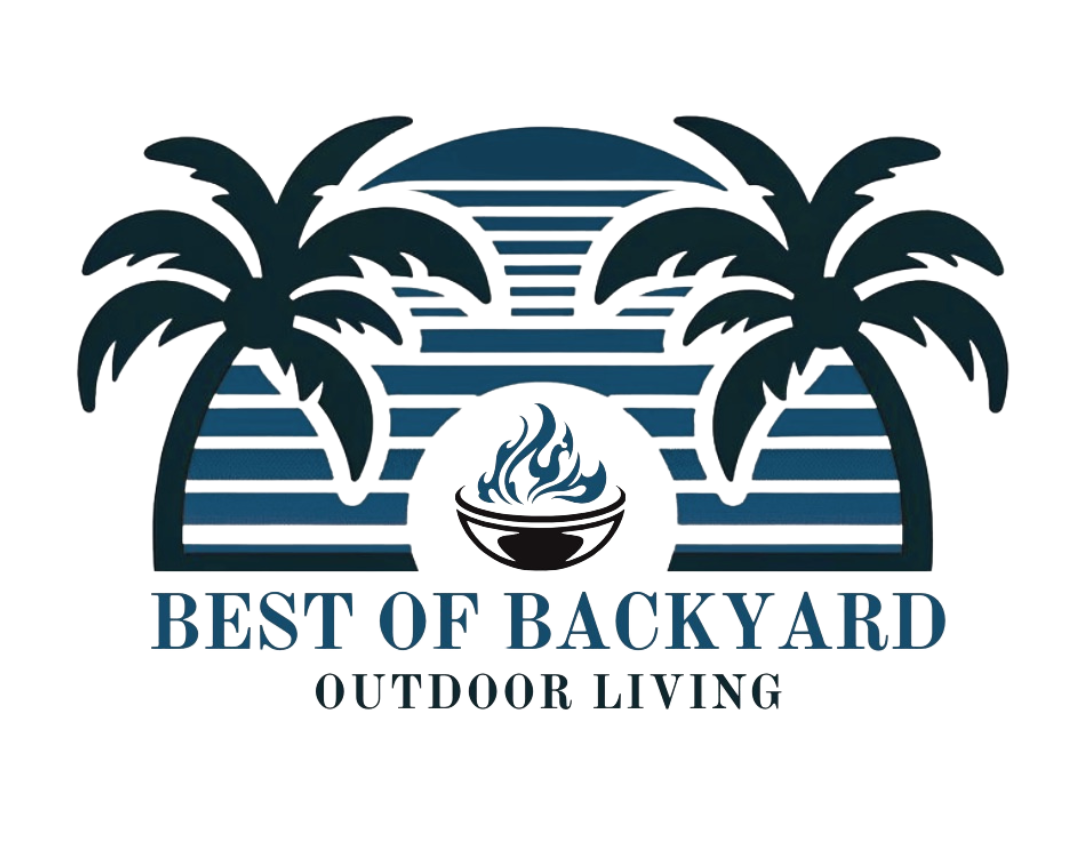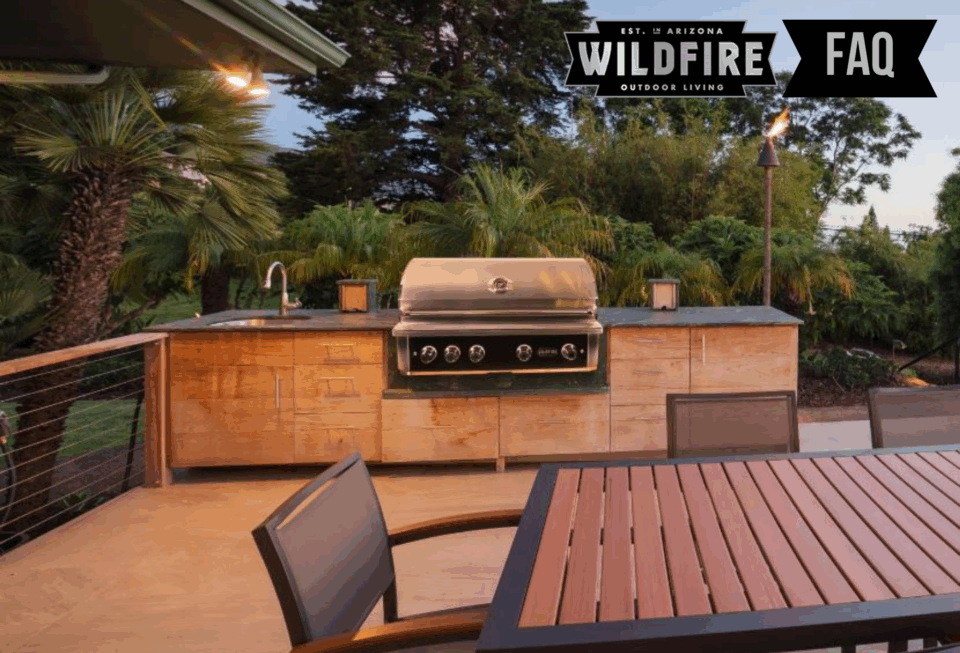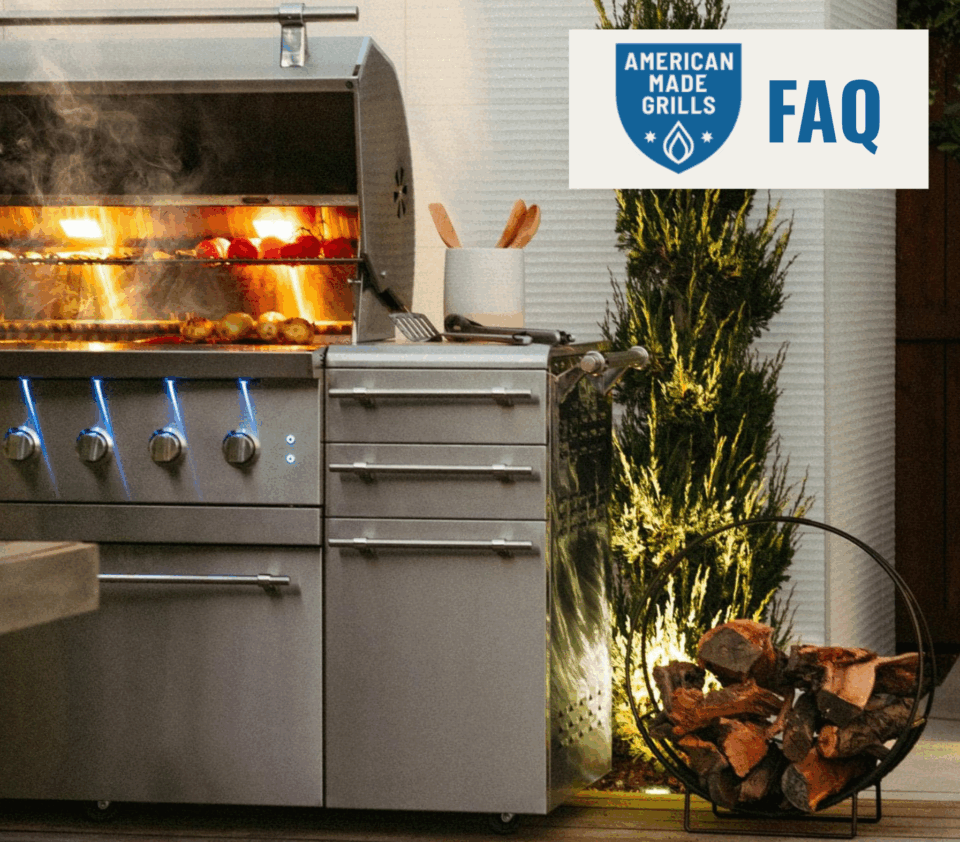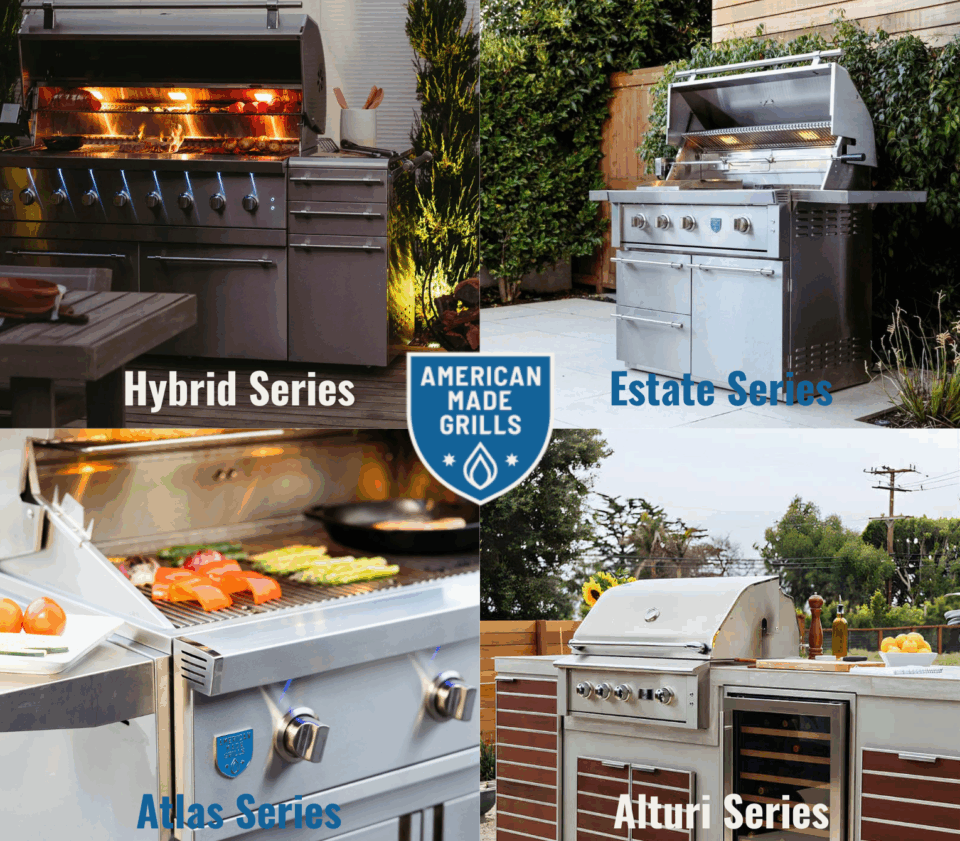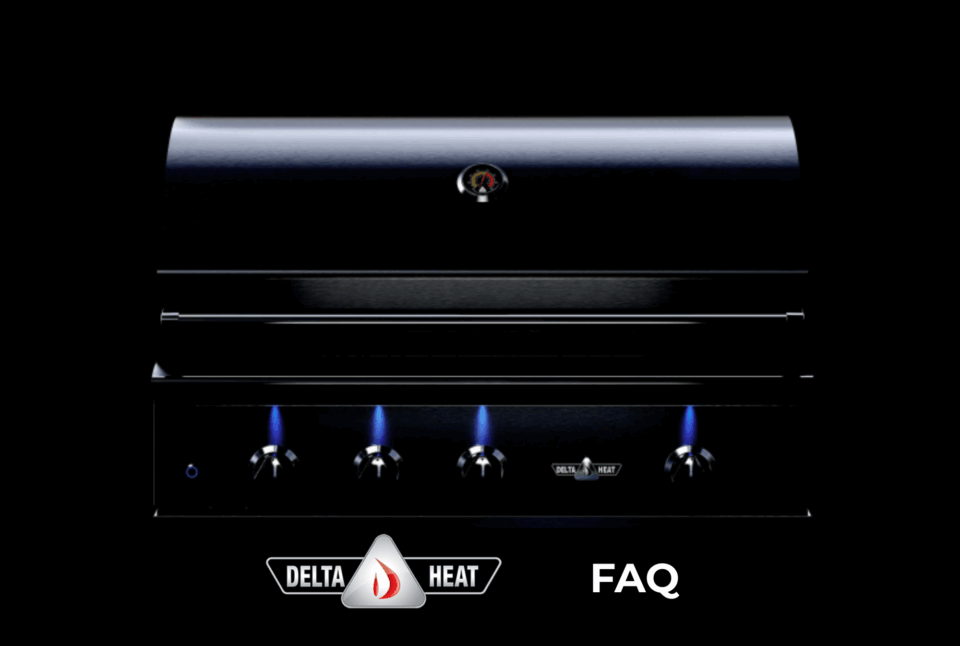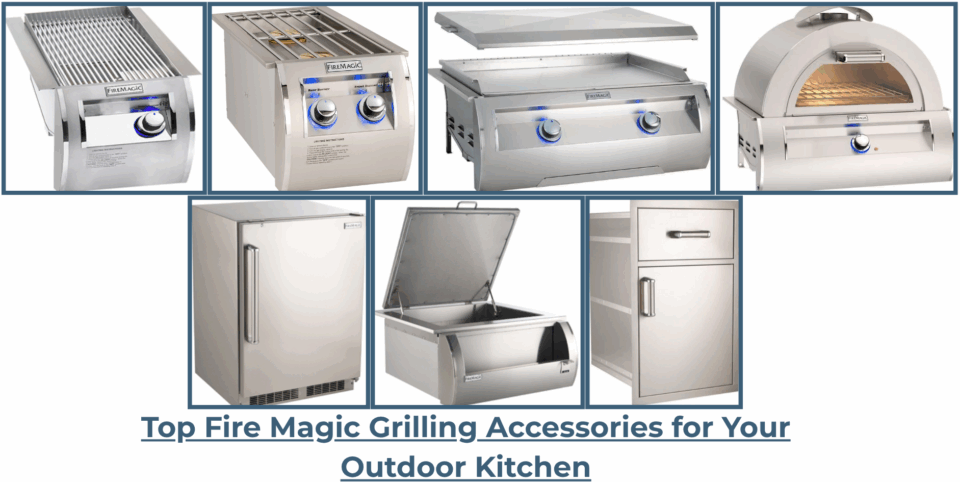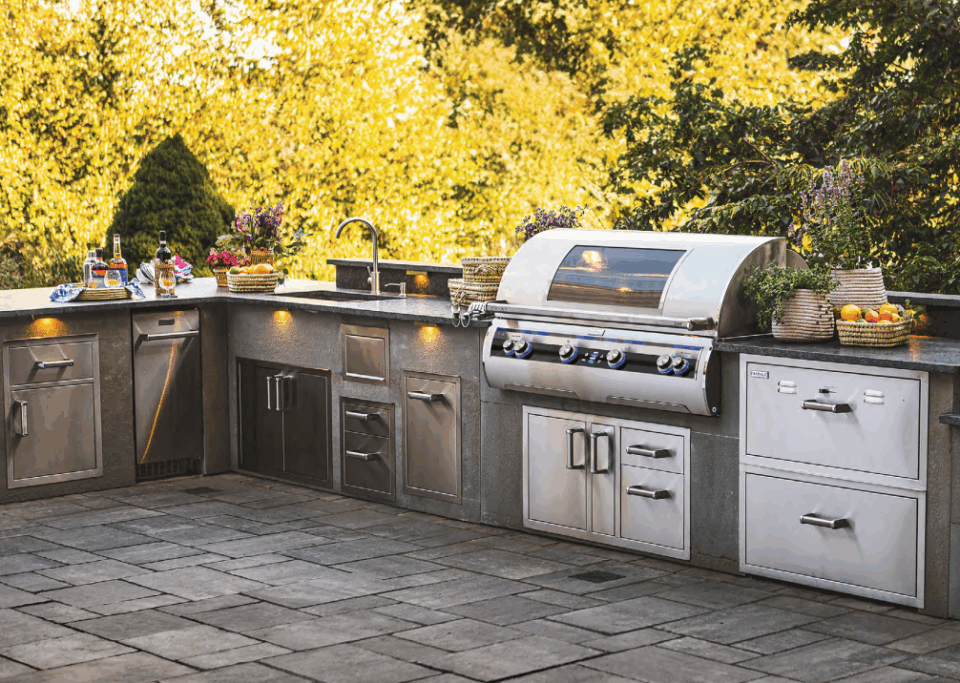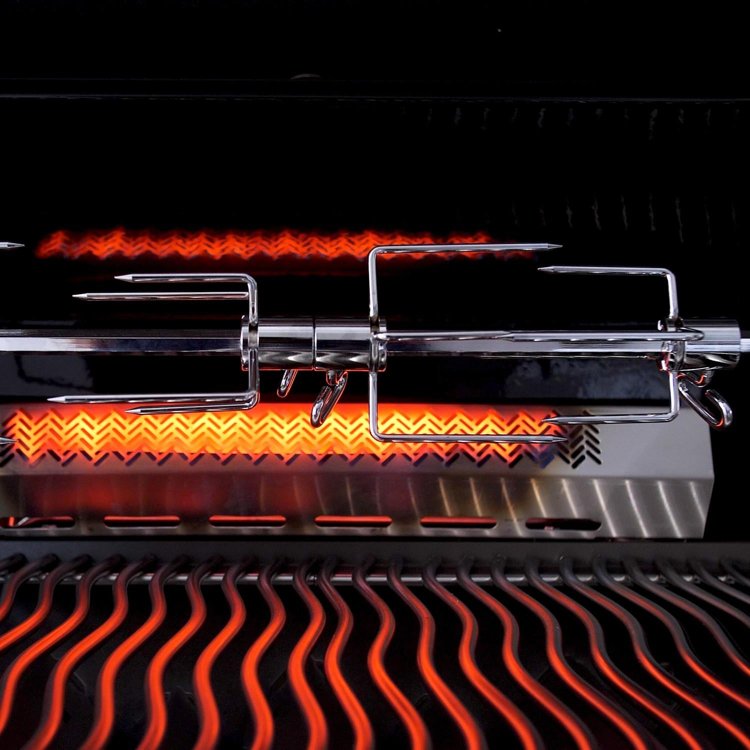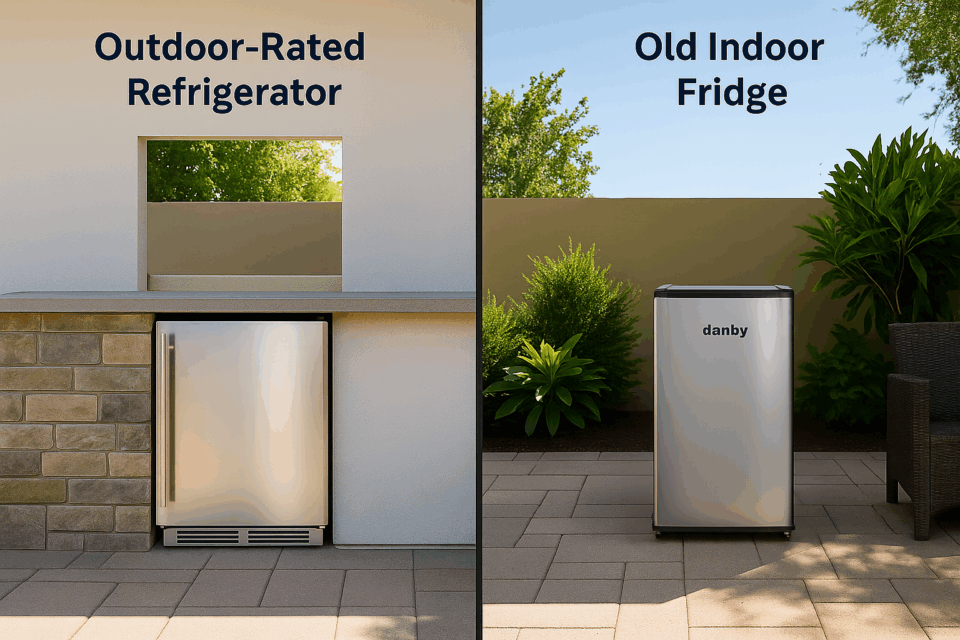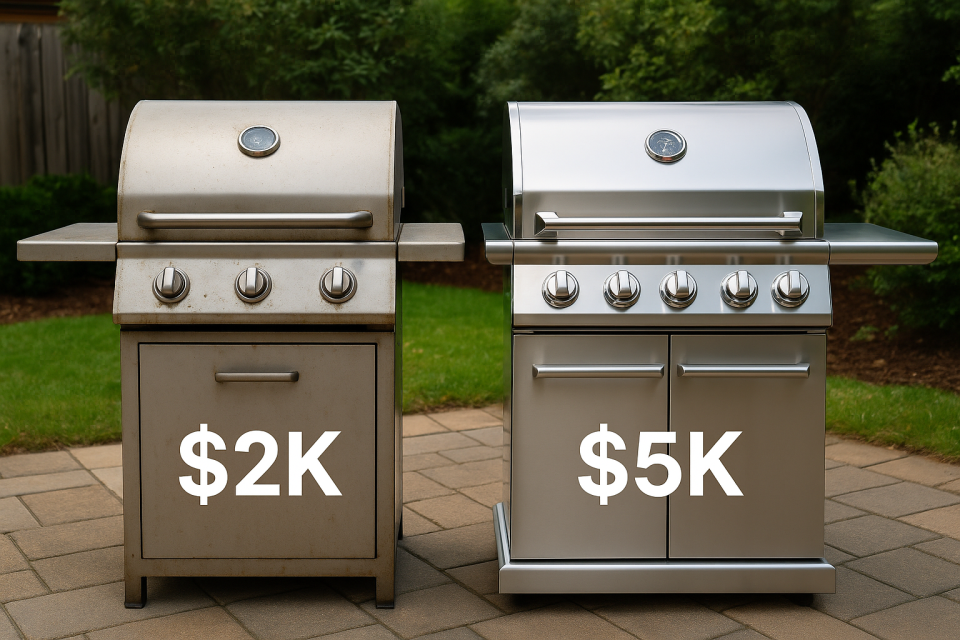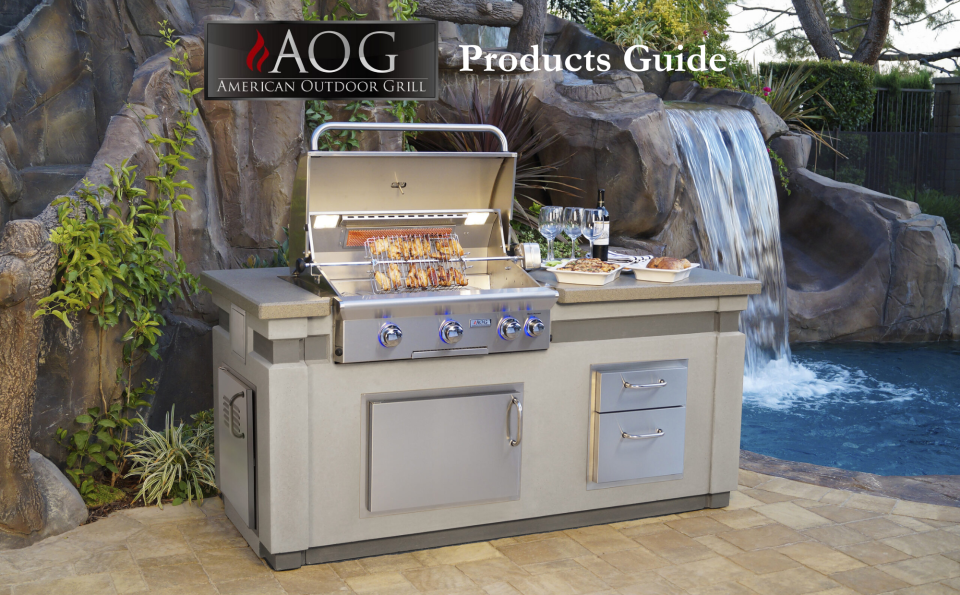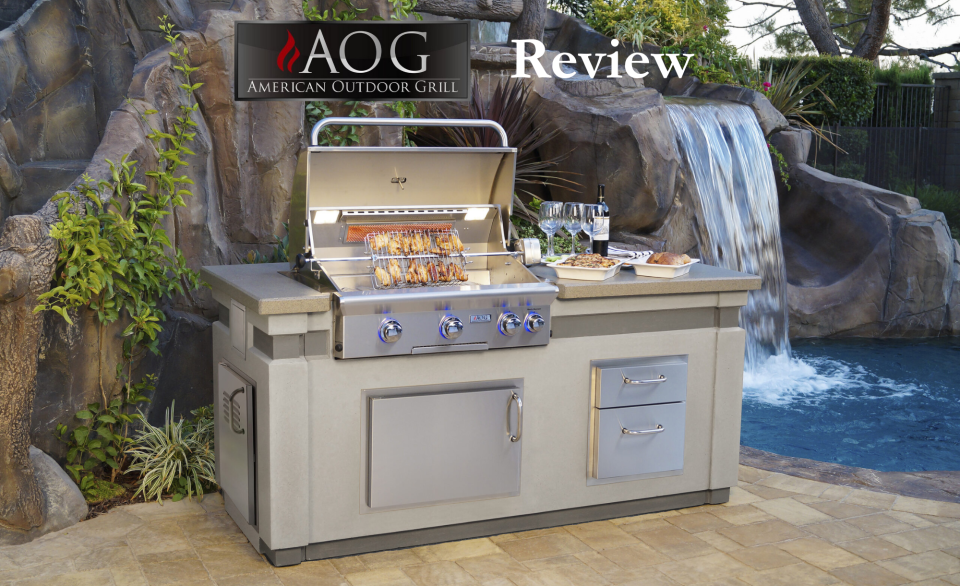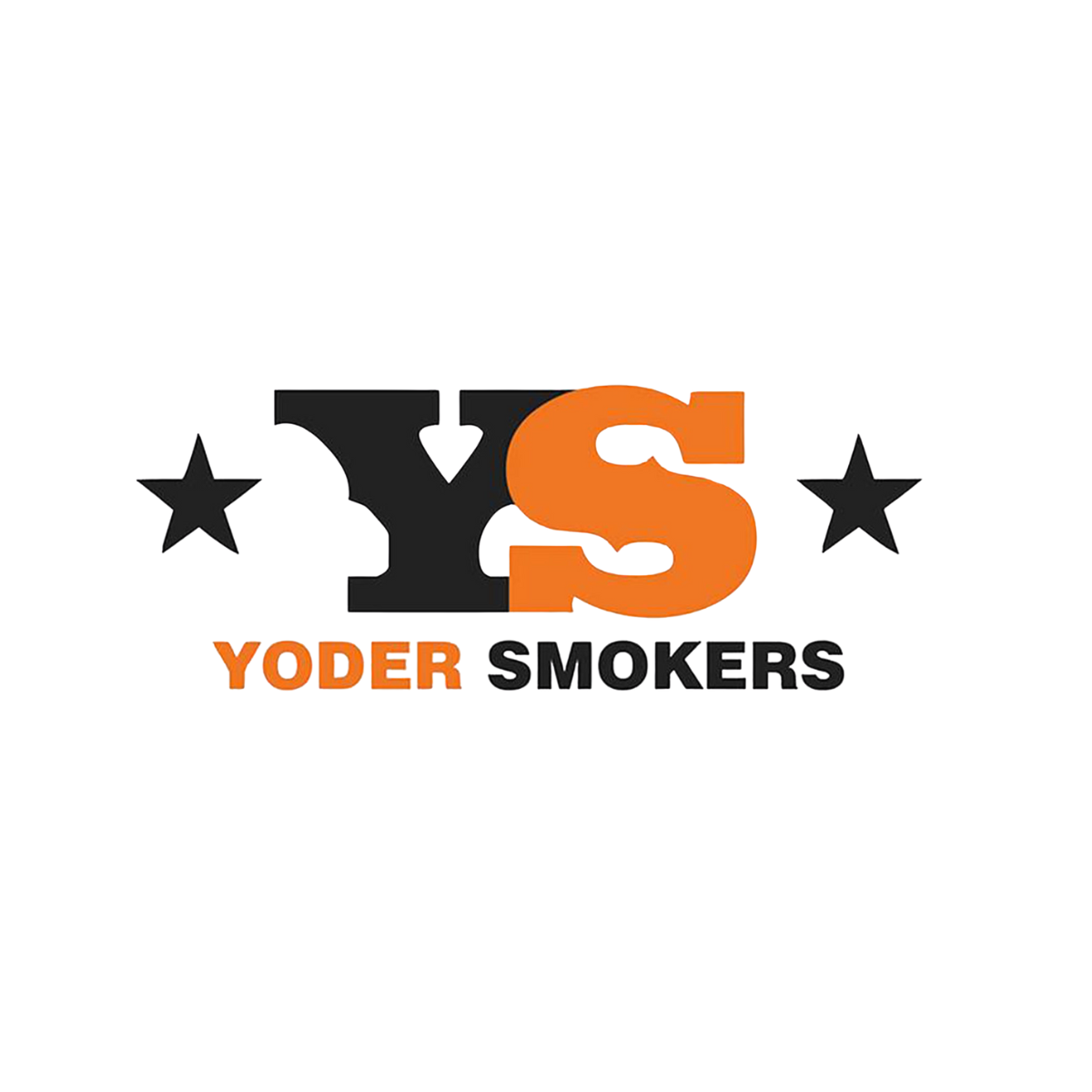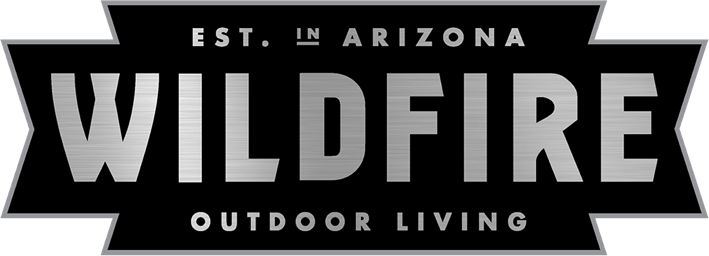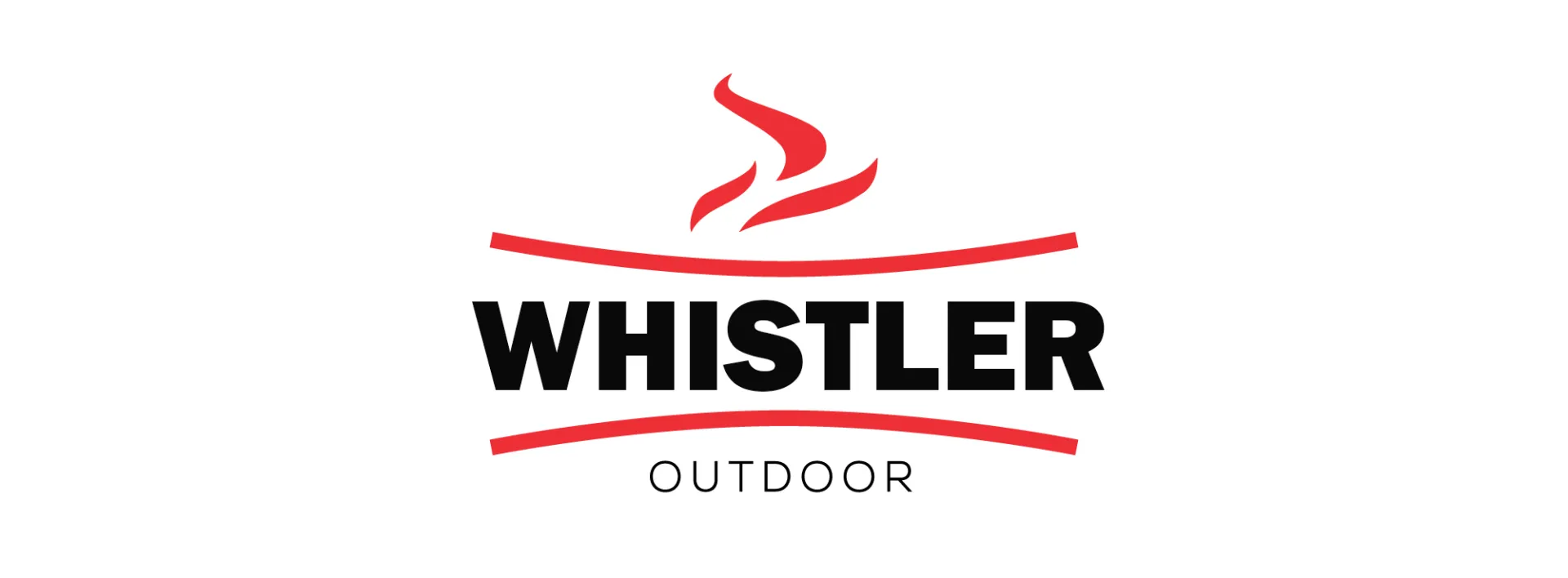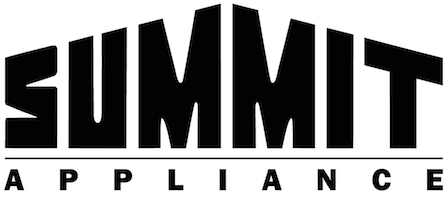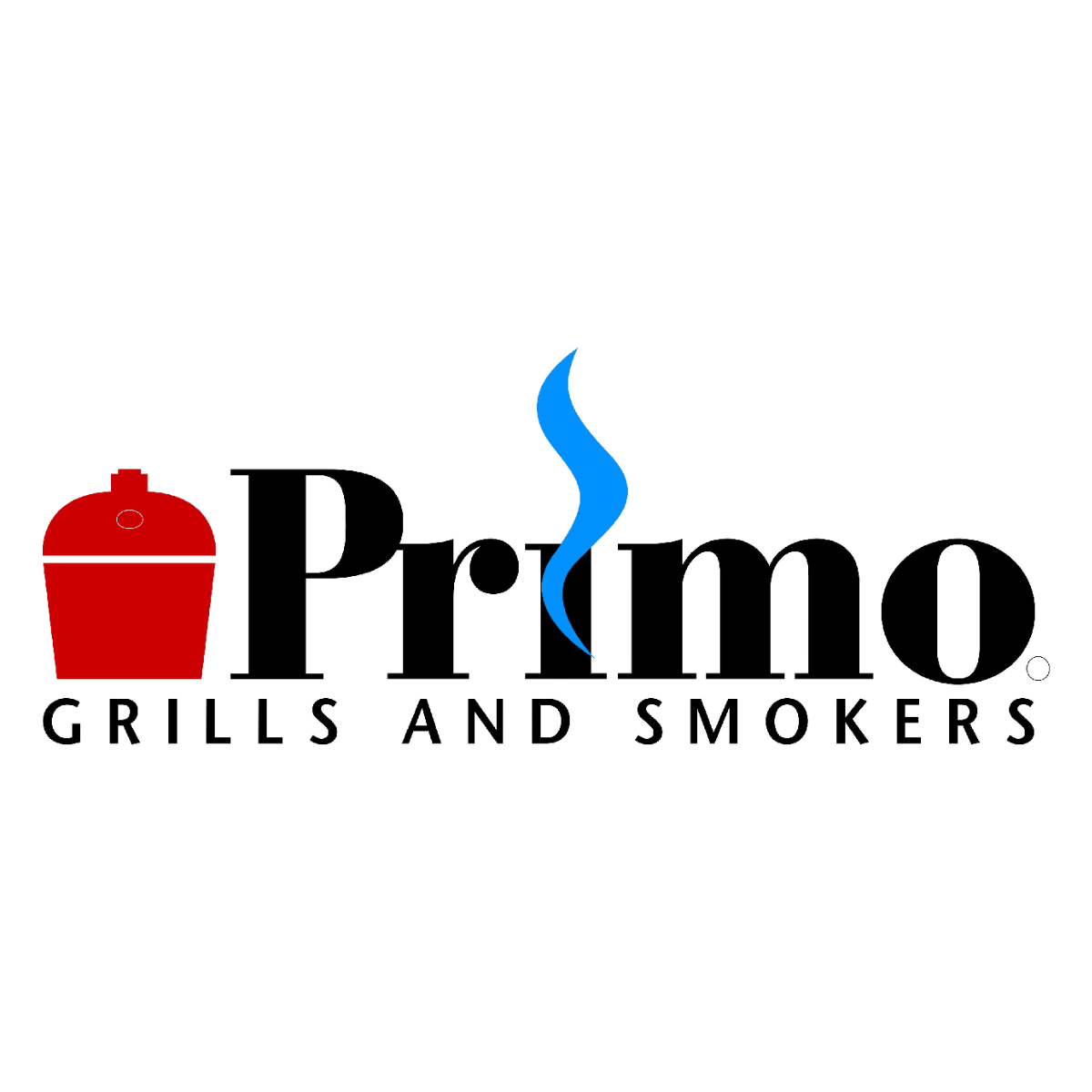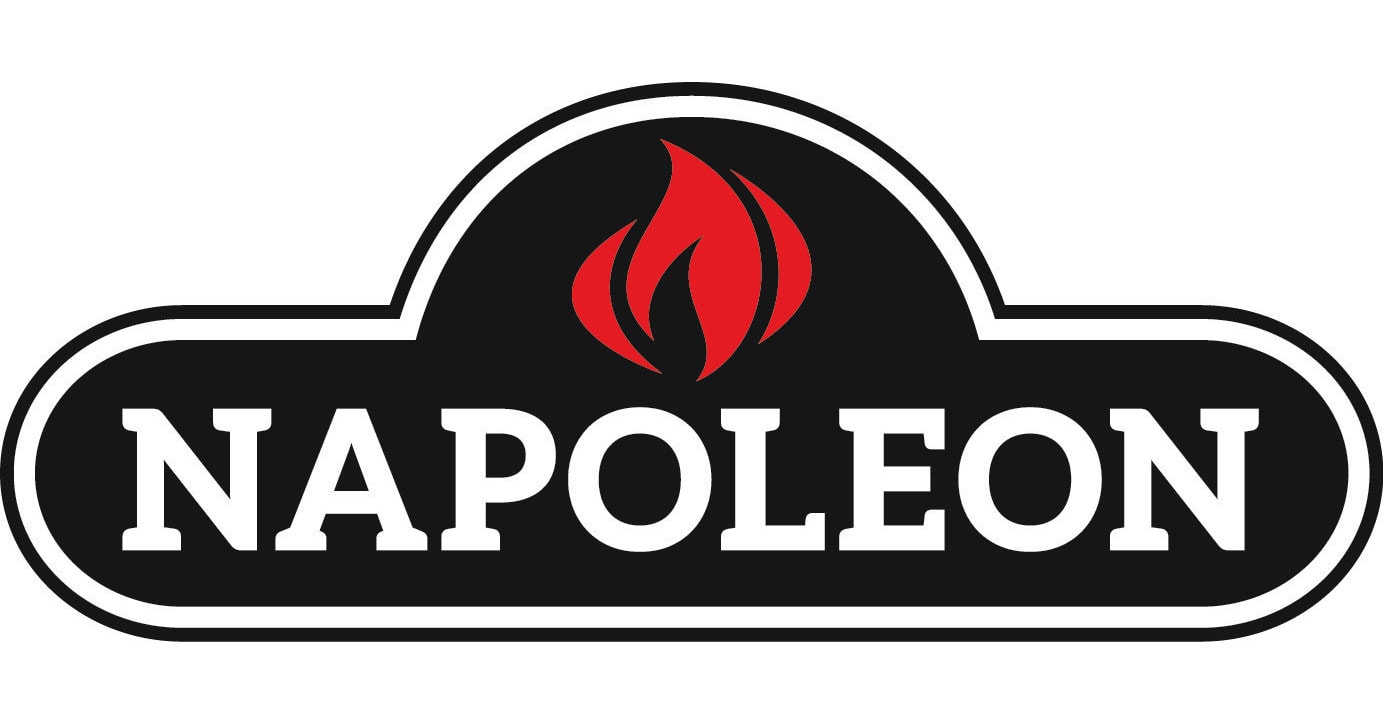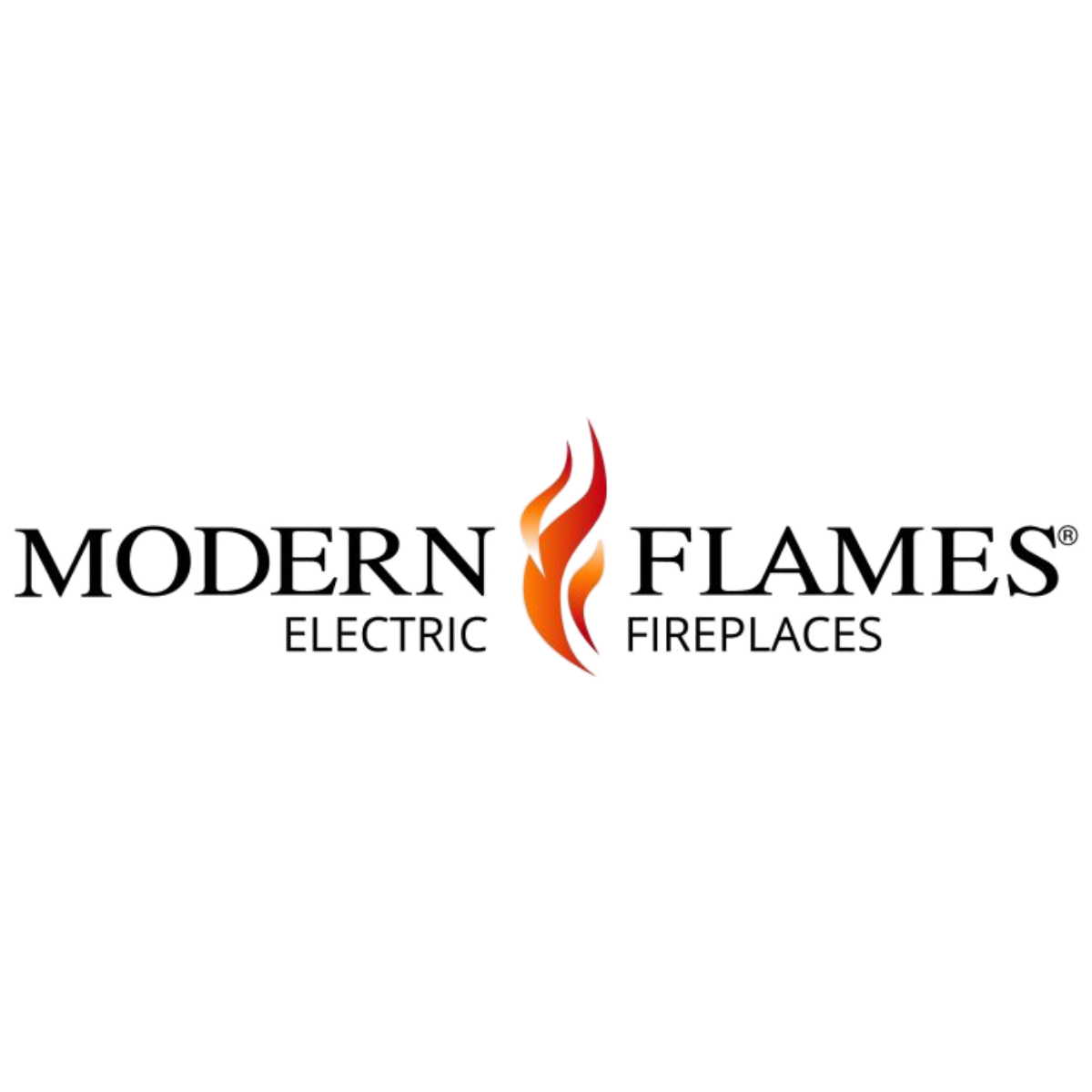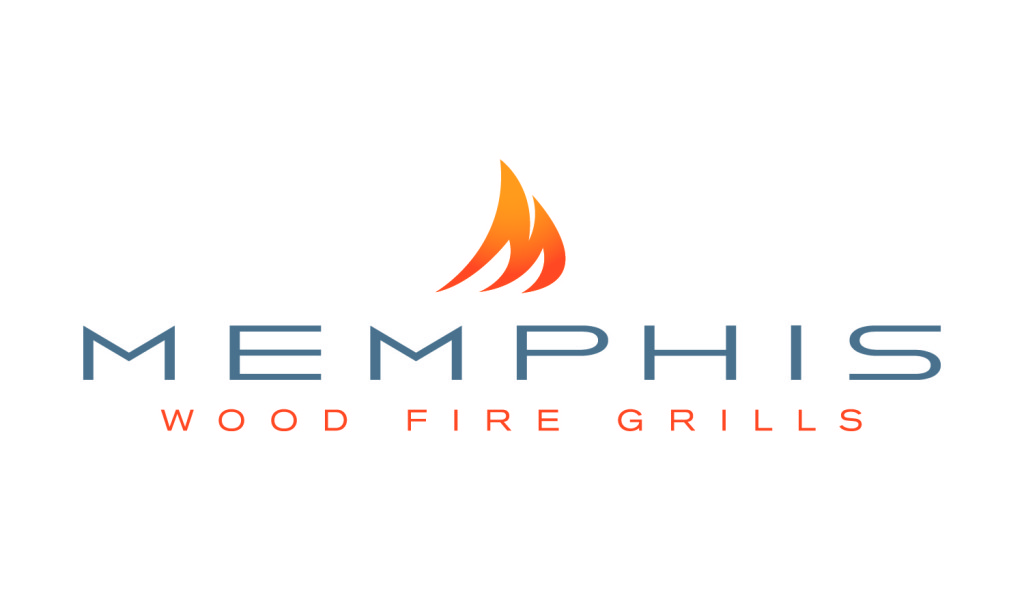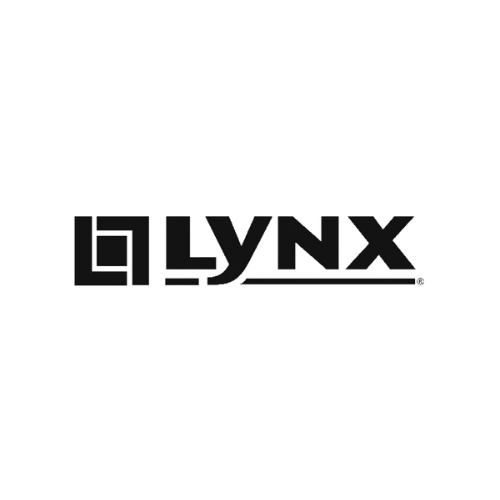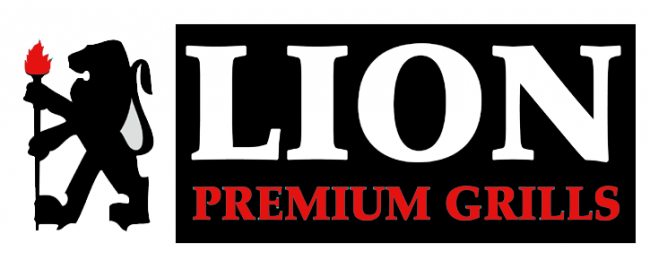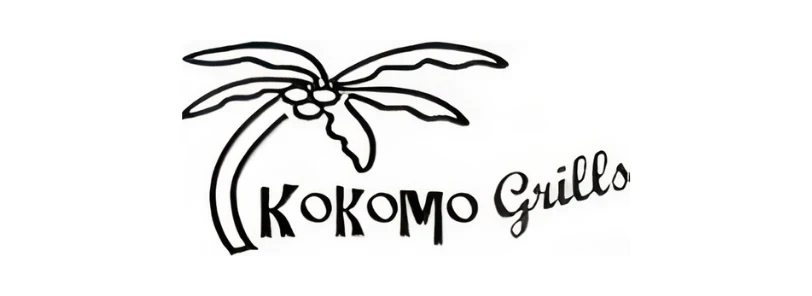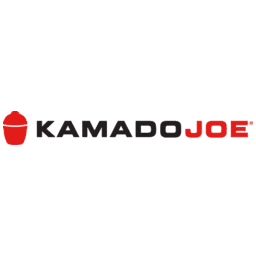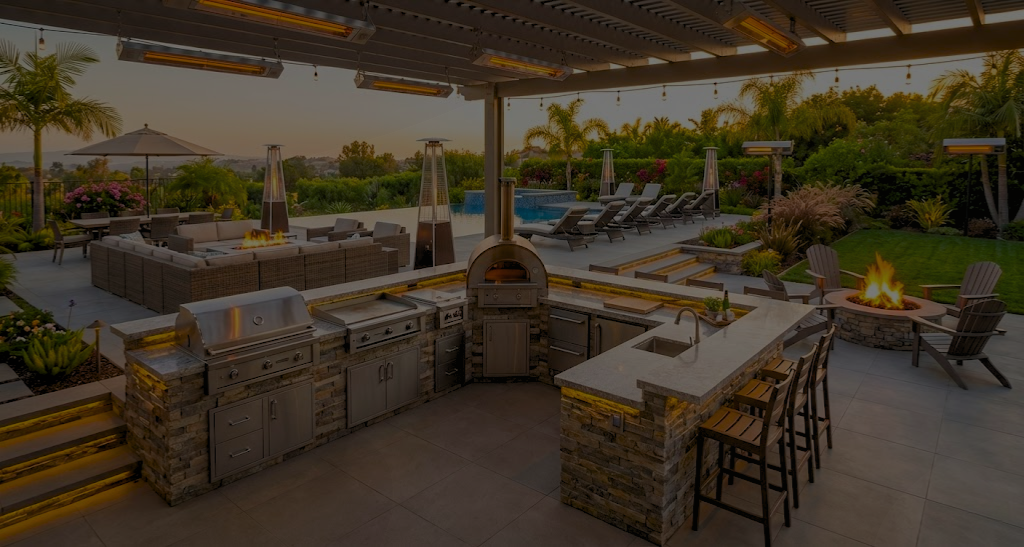
Blog
Ultimate Guide to Lion Premium Grills: FAQs
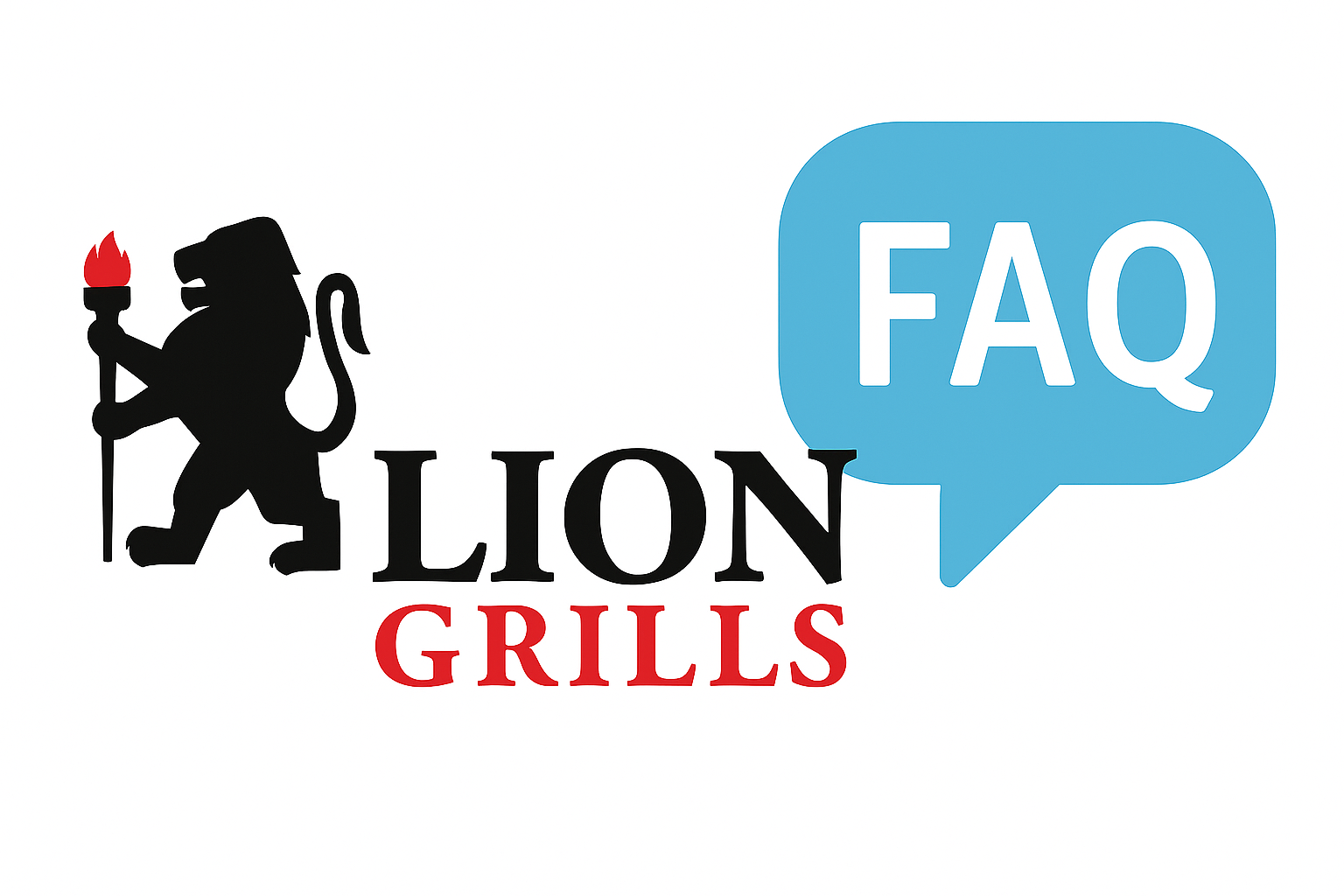
Your Ultimate Lion Premium Grills FAQ Guide
If you’ve ever had questions about Lion BBQ grills, you’re not alone. This Lion Premium Grills FAQ covers everything from stainless steel quality and heat output to warranty policies, routine maintenance, and outdoor troubleshooting. Whether you’re a first-time buyer or a longtime grill owner, this Lion Premium Grills FAQ offers expert answers to the most common Lion grill questions — all verified by Best of Backyard to ensure accuracy. Let’s clear up the confusion and help you grill with confidence.
FAQ
Lion Premium Grills FAQ – Brands, Models, & Features
Whether you’re new to Lion Premium Grills or considering an upgrade, understanding the brand’s commitment to quality is essential. This section answers the most common Lion Premium Grills FAQ inquiries related to their history, construction, and what makes their grills a top choice for serious outdoor cooking enthusiasts. We’ll cover everything from where Lion grills are made to what materials are used and how they compare in the premium BBQ market.
Lion Premium Grills are manufactured in Taiwan, a country widely recognized for high-quality stainless steel fabrication and precision metal manufacturing in the premium grill industry.
Lion grills are classified as premium-grade grills, often considered a great value in the high-end market. While they are more affordable than ultra-luxury brands like Fire Magic or Lynx, they still offer features, durability, and performance that satisfy experienced grillers.
Lion stands out due to its balance of price and quality. The brand includes a comprehensive gourmet accessory package with most models (like the L75000 and L90000), lifetime warranties on key components, and a sleek 304 stainless steel build—all at a more approachable price point than many rivals.
The primary upgrades as you move up the Lion grill lineup relate to burner count, BTU output, and included accessories. The L60000 has 4 burners with 60,000 BTUs and no rotisserie burner or accessories. The L75000 keeps the same burner setup but adds a 15,000 BTU rotisserie burner and includes Lion’s a rotisserie kit and smoker box. The L90000 further enhances performance with 5 burners totaling 75,000 BTUs, a larger 1,030 sq. in. grilling area, and also includes the full Gourmet Package.
These upgrades make the L75000 ideal for rotisserie fans and the L90000 perfect for large families or those who grill often.
Yes. Lion Premium Grills stand out with their 304-16 gauge stainless steel construction across all models, which is thicker and more durable than what many competitors offer in this price range. Additionally, Lion includes premium touches like a flame thrower ignition, cast stainless steel burners, and optional infrared burner compatibility. The value-to-features ratio is one of the strongest in the market — many brands charge extra for accessories that come included with higher-end Lion models.
In short, Lion provides premium-grade durability and performance at a more accessible price point than competitors like Fire Magic, Twin Eagles, or Lynx.
FAQ
Lion Premium Grills FAQ – Stainless Steel Grill Care & Construction Durability
Lion Premium Grills are built with premium-grade 304 stainless steel, known for its exceptional resistance to rust, corrosion, and heat damage. Whether you’re investing in a built-in or freestanding model, Lion’s durable materials ensure long-lasting performance with proper care. In this section of our Lion Premium Grills FAQ, we answer common questions about construction quality, stainless steel care, and how Lion grills compare to other high-end brands when it comes to durability. If you’re wondering whether Lion’s materials live up to their reputation, this guide will give you the expert breakdown.
Lion grills are constructed using 304-16 gauge commercial-grade stainless steel for the body, burners, and cooking grids. This type of steel is highly resistant to rust and corrosion, making it ideal for long-lasting performance in outdoor environments.
Lion uses 16-gauge stainless steel throughout the construction of their grills, offering a solid balance of strength and weight. The thicker gauge means better heat retention, improved structural integrity, and reduced warping over time.
Yes. Lion grills are classified as premium residential grills, but they feature many commercial-grade materials, including solid cast stainless steel burners and welded stainless steel frames. These features contribute to their longevity and high performance under frequent use.
Yes — Lion grills are constructed with 304-grade stainless steel, which is known for its corrosion resistance, especially in moist or salty air. Thanks to their 304 stainless steel build, Lion grills resist rust and corrosion even in coastal climates. However, regular cleaning and a high-quality cover (sold separately) are recommended to maintain peak condition.
🔗 Protect your grill with accessories from Best of Backyard
FAQ
Premium Grill Maintenance: How to Care for Your Lion BBQ
Regular maintenance keeps your Lion grill looking great and performing at its best for years to come. Whether you’re caring for a stainless steel finish or prepping for seasonal use, this section of our Lion Premium Grills FAQ answers the most common Lion grill questions around cleaning, upkeep, and premium grill maintenance. These tips also help you avoid unnecessary wear while getting the most value from your outdoor investment. From surface cleaning to protecting internal components, it’s all covered here.
Use a soft cloth or sponge with warm water and a mild detergent to clean the exterior. Avoid abrasive pads or cleaners that could scratch the 304 stainless steel surface. For a polished finish, follow up with a stainless steel cleaner applied in the direction of the grain.
Let the grill cool completely, then remove grates and flame tamers. Use a grill brush to clean debris off the burners, then clean the drip pan and interior with mild soap and water. Avoid harsh chemicals. Reassemble once all parts are dry.
A full deep-clean is recommended every 3–6 months depending on how often you grill. Frequent users should clean monthly. Remove grates, burners, and trays to scrub off grease buildup and food debris to ensure long-lasting performance.
Yes, but it’s strongly recommended to use a heavy-duty vinyl grill cover to protect it from rain, UV exposure, and debris. Lion offers custom-fit covers for both built-in and freestanding models to extend grill life.
Lion grill grates are made from stainless steel and should be cleaned with a non-metal bristle brush or scraper after each use while still warm (but not hot). For deeper cleans, soak them in warm soapy water and use a soft brush or sponge to remove stubborn residue. Avoid steel wool, which can scratch and damage the surface.
Preventing rust or discoloration on your Lion grill starts with proper care of the stainless steel. After cooking, wipe down both the interior and exterior using a soft cloth and warm water. For deeper cleans, use a stainless steel-safe cleaner and avoid harsh abrasives. It’s also important to clean and inspect components like flame tamers and burners regularly, as grease buildup can trap moisture and accelerate wear. Always dry the grill completely after cleaning and cover it when not in use — especially in humid or coastal areas.
FAQ
Lion Premium Grills FAQ – Warranty Info: What’s Covered & For How Long
Understanding your grill’s warranty is crucial when investing in a premium outdoor appliance. In this section of our Lion Premium Grills FAQ, we break down what the Lion warranty covers, how long each component is protected, and what homeowners should know about service eligibility. If you’re searching for reliable Lion warranty info, you’ll find everything you need right here — especially if you’re buying through an authorized dealer like Best of Backyard.
Lion offers a lifetime warranty on the most essential components of their grills. This includes the cast stainless steel burners, the 304 stainless steel housing, and the stainless steel cooking grates. These parts are designed for long-term performance and durability, and the warranty ensures they’re protected from defects in materials or workmanship for the lifetime of the original owner under residential use.
While the main components receive lifetime coverage, stainless steel flame tamers are protected under a three-year warranty, and gas valves, knobs, and other smaller components have a one-year warranty. This layered coverage ensures peace of mind while recognizing normal wear on parts that undergo regular use.
Like most premium grill brands, Lion’s warranty is voided by improper installation, commercial use, or unauthorized modifications. Using the grill with incorrect fuel, neglecting routine maintenance, or hiring a non-certified service technician may also affect your warranty claim. It’s recommended to follow Lion’s care and installation guides strictly and to retain proof of purchase.
No, Lion’s warranty is non-transferable. It applies only to the original purchaser and only when the grill is installed in a residential setting. If you sell your home or the grill, the new owner won’t be covered under Lion’s warranty policy. To maintain coverage, be sure to register the product and keep your original proof of purchase from an authorized dealer like Best of Backyard.
Warranty claims must be handled through an authorized dealer or directly with Lion Premium Grills. If you purchased your grill from Best of Backyard, you’re in good hands — we can help coordinate service, replacement parts, or warranty assessments as needed.
🔗 Shop Lion Grills & Accessories Here
FAQ
Lion Premium Grills FAQ – Outdoor Grill Troubleshooting: Lion Performance Tips
Even top-tier grills can run into performance hiccups from time to time. In this section, we address common troubleshooting questions for Lion Premium Grills — from ignition issues to uneven heat distribution. Whether you’re firing up your grill for the first time or resolving a small maintenance glitch, these expert answers from our Lion Premium Grills FAQ can help you get the most out of your outdoor cooking experience. We also cover easy fixes and preventive care to reduce future problems.
Check that your gas supply is open and your propane tank is full (or properly connected if using natural gas). If you hear a clicking sound but no ignition, the issue may be with the igniter electrode. Over time, grease or debris can block the spark. Clean the igniter tip with a wire brush and inspect for damage. If the igniter is not sparking at all, it may need replacement.
🔗 Shop Lion replacement parts at Lion BBQ Direct.
This is often caused by a gas flow issue. First, check your regulator and hose for any leaks or kinks. If you recently changed your propane tank, the regulator may have gone into bypass mode. To reset it:
Turn off the gas at the tank.
Disconnect the hose.
Wait 30 seconds, then reconnect.
Open the tank slowly and reignite.
Make sure your burners are clean and free of grease buildup as well.
Lion grills are built for high performance with powerful BTU output. If your grill is overheating, double-check that all burners are set to a medium or low setting. Also ensure the lid is not trapping excess heat during startup. For slow cooking, consider using indirect heat by turning off one or more burners and positioning food away from direct flame.
All grills have minor temperature variation, but Lion’s stainless steel flame tamers help distribute heat evenly. If you’re noticing hot spots, clean out any food debris or grease buildup around the burners and tamers. You can also rotate your cooking position — place thicker meats over cooler zones and delicate foods over the hottest areas for better control.
Confirm the rear infrared burner’s gas line is fully connected and the knob is turned to the ignition position. Make sure the igniter is clicking. If there’s no spark, clean the igniter tip and ensure no grease buildup is blocking it. Manual lighting with a long match or grill lighter may work temporarily until the igniter is serviced.
FAQ
Lion Grill Heat Output & Outdoor Cooking Performance
When investing in a premium grill, heat output and outdoor performance are essential. Lion Premium Grills deliver impressive BTU power across all models, supporting everything from quick searing to low-and-slow smoking. Built for durability and consistent heat retention, these grills are designed to perform in a variety of outdoor conditions—whether you’re cooking in the cold, wind, or peak summer heat. Our Lion Premium Grills FAQ answers the most common Lion grill questions about burner performance, infrared capabilities, and how well they function in real-world backyard environments.
Lion grills offer powerful heat output across all models:
L60000: 60,000 BTUs from 4 cast stainless burners
L75000: 60,000 BTUs + 15,000 BTU rear infrared rotisserie
L90000: 75,000 BTUs from 5 burners + 15,000 BTU rear rotisserie
This level of heat allows for fast preheating and excellent searing, especially when paired with their commercial-style stainless steel grates.
Yes. Lion grills offer optional infrared burner upgrades for searing steaks at extremely high heat. Infrared burners are available on all models and replace one of the standard burners. The rear infrared burner (15,000 BTUs) comes standard with the L75000 and L90000 models for rotisserie use.
Lion grills are built with double-layer 304 stainless steel lids that trap heat effectively, helping them maintain high temperatures in cold weather. Their heavy-duty construction and reliable flame thrower ignition ensure performance even in windier environments. While they’re not windproof, adding a wind guard or shielding your grill area helps improve efficiency.
Yes. Lion grills are versatile enough for low-and-slow cooking. You can lower the burner heat and use the included smoker box (L75000 & L90000) with wood chips for indirect heat and smoke flavor. Adding the optional charcoal tray further enhances smoking capabilities by converting the grill into a hybrid setup.
Lion grills are designed with stainless steel flame tamers that sit between the burners and cooking grates. These tamers help distribute heat evenly while minimizing flare-ups by catching and vaporizing drippings before they reach the burners. This not only enhances flavor through vaporized juices but also reduces the risk of sudden flames. Combined with the 304 stainless steel construction and strategic burner spacing, Lion grills offer a safer, more controlled high-heat grilling experience—even when searing meats at max BTUs.
Final Thoughts: Why This Lion Premium Grills FAQ Matters
After reading through our complete Lion Premium Grills FAQ, you should feel confident in choosing the right grill for your backyard setup. From stainless steel durability to powerful BTU heat output and easy maintenance, Lion has earned its place among the top premium grill brands. This Lion Premium Grills FAQ blog answered common questions about performance, warranty, construction, and long-term value—helping you make the most informed decision possible.
Still weighing your options?
🔗 Shop Lion Premium Grills now at Best of Backyard or visit us locally in Riverside, CA to explore in person!
